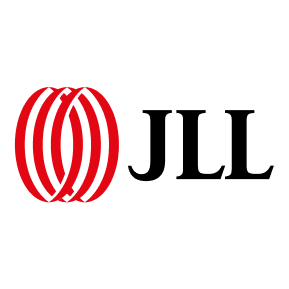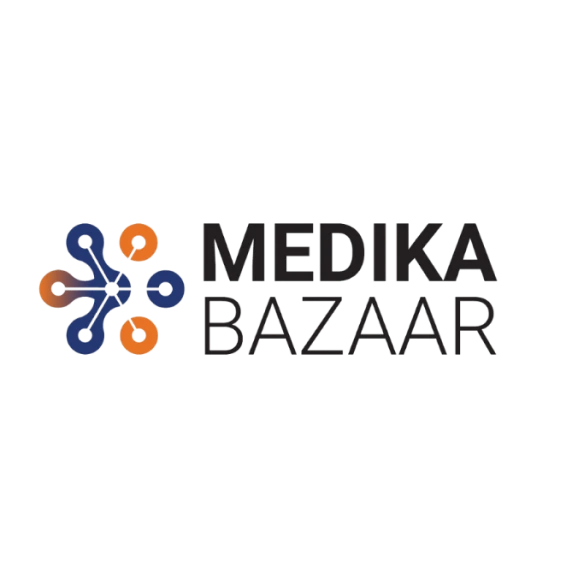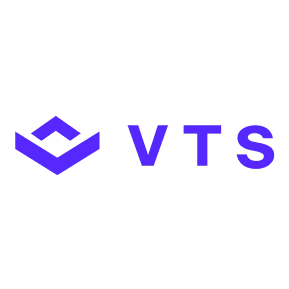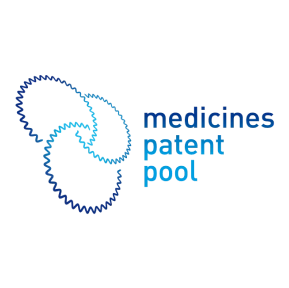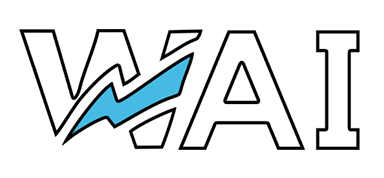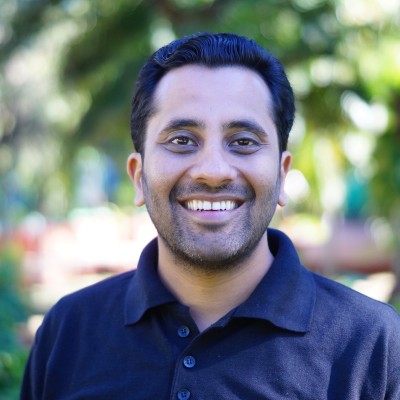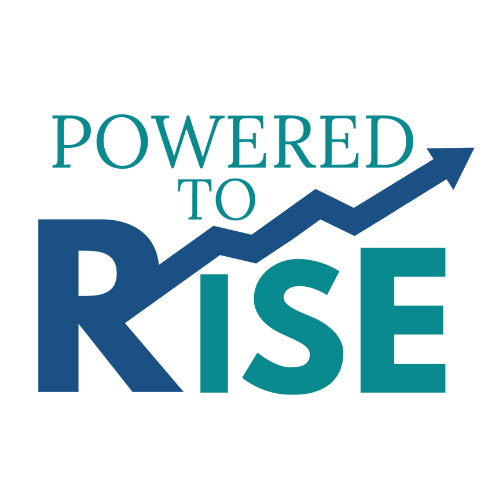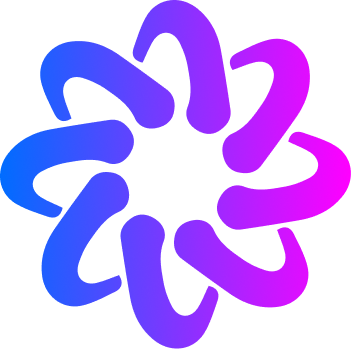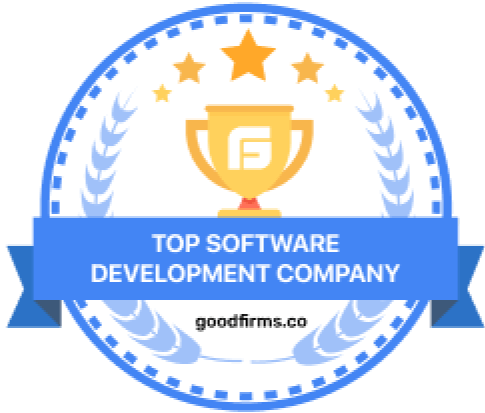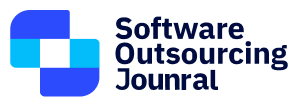
Brands That Love Us

How Can Custom Healthcare Software Help?
Operational efficiency and patient care experience a transformation through healthcare software solutions that streamline medical services. Secure applications and online platforms enable healthcare providers to efficiently manage patient records, conduct seamless transactions, and access personalized insights. AI-driven healthcare apps, exemplified by real-time patient data analysis, empower healthcare professionals to make informed decisions effortlessly, ultimately enhancing patient outcomes.
Why Opt For Our Services?
Choose Ajackus for specialized custom health software development. We simplify technology, boost efficiency, and improve user experience to elevate your healthcare operations.
- Automated Prior Authorization for Medications
- AI-driven Predictive Patient Readmissions
- Remote Pediatric Neurology Consultations App
- Mobile Apps for Cancer Survivorship Support
- Telepharmacy Medication Synchronization Services
- AI-driven Voice Biomarkers for Mental Health
- Mobile Mental Health Crisis Intervention Apps
- Teleophthalmology Vision Therapy
- Virtual Reality Biofeedback for Stress Reduction
- Automated Health Insurance Verification
- AI-driven Antimicrobial Stewardship
- Remote Rheumatology Consultations Software
Why Choose Our Custom Health Software Development?
Our software engineers continually upgrade systems, refine user experience, manage technical debt, and strengthen the competitive position for healthcare institutions.

Blockchain-enabled Clinical Trials Transparency
We ensure transparency in clinical trials through blockchain-enabled solutions, providing a secure and immutable record of trial data.

Patient-Centric Wearable Health Tech
We focus on patient-centric wearable health technology, empowering individuals to actively monitor and manage their health on a daily basis.

Robotic Process Automation for Administrative Tasks
We implement robotic process automation for administrative tasks, reducing manual workload and improving efficiency in healthcare operations.

Inclusive Accessibility Features in Healthcare Apps
We incorporate inclusive accessibility features in healthcare apps, ensuring usability for individuals with diverse needs and abilities.
What our Clients are Saying

23 Reviews

FAQs
Geographic barriers often limit access to quality healthcare in rural areas. Telehealth platforms can connect patients with specialists remotely, eliminating travel burdens. Wearable devices and mobile health apps can empower individuals to self-monitor vital signs and manage chronic conditions without needing frequent in-person consultations. Drones can even deliver essential medical supplies to remote locations, overcoming logistical challenges.
Technology solutions should be developed with inclusivity in mind. Voice-activated interfaces, screen readers, and alternative input methods can make platforms accessible to users with visual or physical impairments. Design considerations like clear layouts, multilingual options, and adjustable font sizes can further enhance accessibility for diverse user groups.
Healthcare technology can contribute to a greener future by reducing reliance on paper-based records, minimizing unnecessary travel for consultations and diagnostics, and optimizing energy consumption in hospitals and clinics. Telehealth platforms can decrease carbon emissions associated with patient transportation, while remote monitoring can lower the environmental impact of medical equipment usage.
Protecting patient data is paramount. Robust security measures like encryption, multi-factor authentication, and regular security audits are essential. Healthcare providers and developers need to comply with data privacy regulations like HIPAA and implement clear data governance policies. Educating patients about data security practices and empowering them to control their data sharing are also crucial aspects of safeguarding sensitive information.
While AI may automate certain tasks, it’s unlikely to replace healthcare professionals entirely. Instead, AI can empower healthcare workers by freeing them from repetitive tasks like data analysis and administrative duties. This allows them to focus on more complex aspects of patient care, build stronger relationships with patients, and deliver more personalized care.
